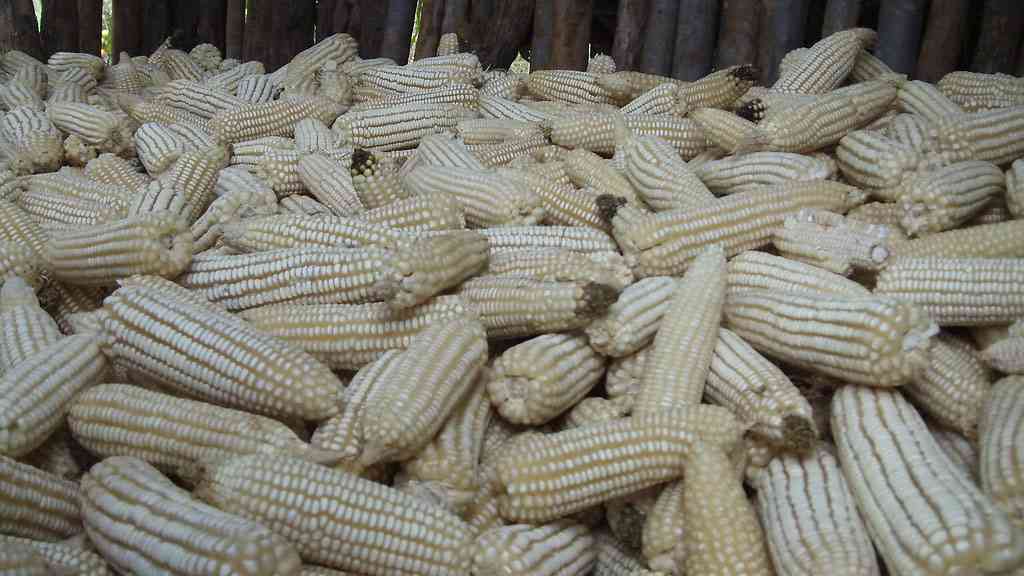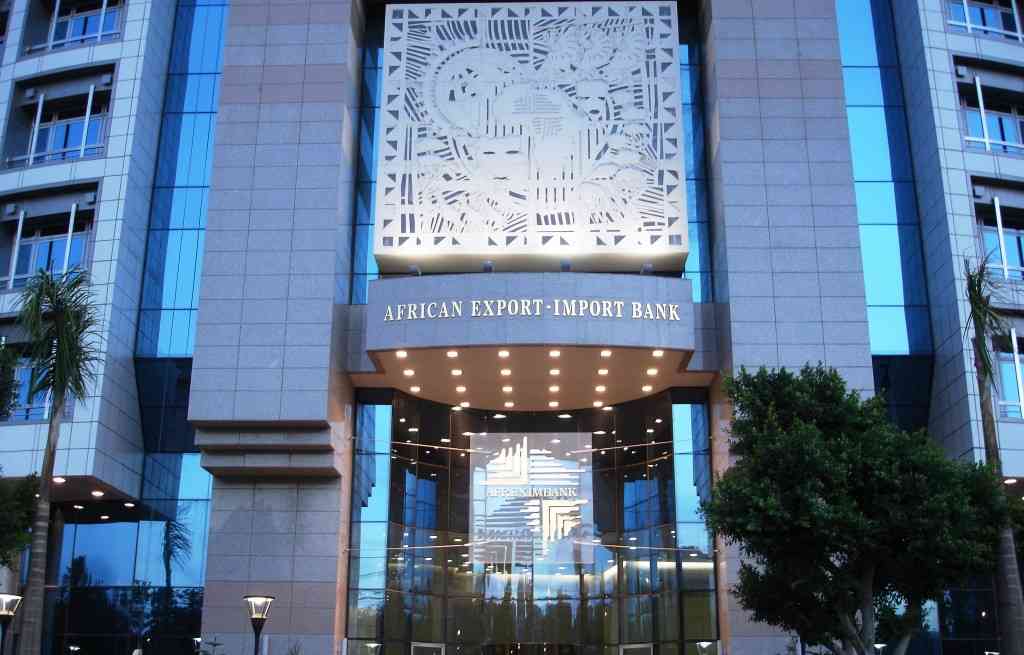
The prize of a bucket of maize has straddled beyond the reach of many in the countryside.
Worse, farm workers are having a tough time and have resorted to yellow maize for their starch.
This marks the beginning of a sad journey to our harvesting times where we hope to sing kumbaya.
But before we get there we need to ask each other serious questions.
Only last year government told us that we had achieved food security.
Later in the year we were told that much of the foreign currency generated in the country was being used to import maize from South Africa.
This news left a sour taste in the mouth because we were all asking how can we be in this situation.
As it stands, the situation on the ground is dire. Most people are out of maize and this is a cause for concern.
- Zim headed for a political dead heat in 2023
- Record breaker Mpofu revisits difficult upbringing
- Tendo Electronics eyes Africa after TelOne deal
- Zimbabwe millers seek to fend off grain crisis
Keep Reading
The prize of maize has increased to about US$600/t.
Recently there were reports that the Grain Millers Association of Zimbabwe (GMAZ) will import 400 000 tonnes of white maize from Zambia and Malawi as the country battles yet another bout of food insecurity.
The irony is that the country is importing from its neighbours, which have the same climatic and soil profile conditions.
The importation is despite the government of Zimbabwe having run sustained agricultural support programmes such as command agriculture and Pfumvudza.
In some cases, the distribution of the maize and fertilizer was done nicodemously and in some cases was done on party lines.
Food programmes should be for everyone.
Unfortunately, the government continued to pay a blind eye.
Individuals who have been implicated in politicisation and looting of inputs must be held accountable and have them pay up so that the funds can be used to purchase the much-needed grain.
Everyone is aware that there are some individuals who have been given inputs and agricultural equipment in the various shady agricultural inputs and mechanisation schemes, which began in the early 2000s and these people have continued to benefit at the expense of the taxpayer.
There is a need for an audit to establish the extent of the loss and to hold to account those who have benefitted without meeting their contractual obligations to produce.
Unless this happens, the taxpayer will continue to lose out and Zimbabwe will always be begging for food aid from neighbouring countries and the fiscus will continue to be drained of the money that could go to other needs.
The obtaining situation where Zimbabwe, which was once the bread basket of Africa, is known for hunger and strife must bring shame to the country leadership and those who cannot feed the nation must resign.
Yes we have Cyclone El Nino ravaging us, and yes we have our political problems too, but are we not in the same bracket with Malawi and Zambia.
They have however differentiated themselves by making sure that there is food on every table in their country and are selling excesses.
How can a country like Zimbabwe be importing sugarbeans of all things?
How did we get here?
Going forward, citizens need to be involved in matters that affect their stomachs through community leadership and Parliament.
The situation we find ourselves in requires a collective solution where every household ensures that it is food secure.
As we get deeper into the year, it is going to be much tougher to come across a grain of maize.
The price is set to double.
- Gwabanayi is a practising journalist and a farmer in his own right. — 0772 865 703 or [email protected]











